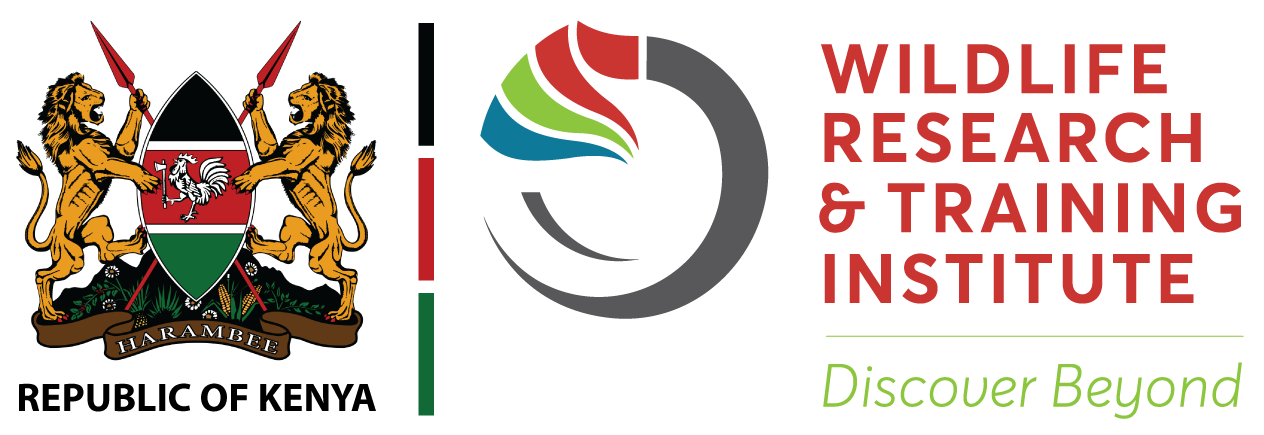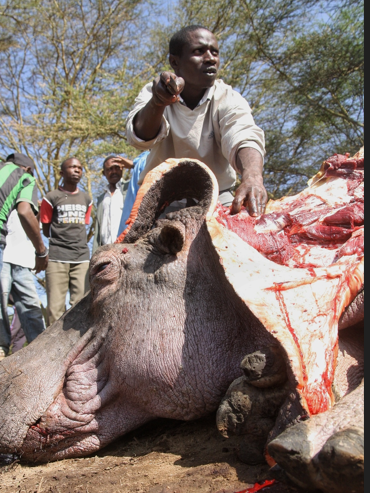The government has offered at least Sh3.8B to compensate victims of human-wildlife conflict to ease the backlog of pending cases over the last three years.
According to Kenya Wildlife Service Director General Prof. Erastus Kanga, the agency has recorded 26,000 cases of such conflicts in the last two years alone, attracting more than Sh1.2 billion in compensation fees.
Prof. Kanga said the government, through the State Department for Wildlife, is set to release more funds to compensate more victims whose cases have been approved on merit.
Speaking on the sidelines of the three-day Second International Wildlife Scientific Conference in Naivasha, Prof. Kanga said the agency is tapping the use of science-based data to better its management and wildlife conservation efforts.
The data aids in planning and mapping wildlife corridors and predator routes, enabling the agency to respond to incidents before they escalate into fatalities.
“The government has in the last three years released Sh3.8 billion as compensation kitty and we require another Sh1.2 billion to cover more than 26,000 incidents reported in the last two years,” said Prof. Kanga.
The individual reported that 255 individuals lost their lives and 725 were seriously injured, with some suffering life-threatening injuries.
For instance, the Director General added that the increased cases are mostly driven by the open borders of the country parks and conservancies with population increase and effects of climate change emerging as new drivers of recent incidents.
With the recent completion of the Second National Wildlife Census, Prof. Kanga said the data had indicated a population increase of some species, such as the rhino and the elephant, thanks to data-backed conservation efforts.
The conference, which brought together more than 300 local and international scientists and researchers, seeks to tap innovation in wildlife science and practice for sustainable biodiversity conservation and socio-economic development.
During the conference, changes in land use, infrastructural development, increasing human and livestock populations, habitat loss and unpredictable global climate change were identified as some of the major challenges facing wildlife conservation.
On his part, Wildlife Research and Training Institute (WRTI) Director Dr. Patrick Omondi said the conference seeks to harness the use of scientific data to inform better policy decisions on wildlife conservation.
The data, he said, will also address the rising threats of climate change on wildlife, protect wildlife corridors, and sustain animal migration and better human-wildlife coexistence.
Dr. David Nkedianye, Chair of the Naivasha-based institute, said the conference will give key recommendations that will be tapped by government and policymakers to drive wildlife sustainability.
Dr. Nkedianye said the use of scientific data will guide the Kenya Wildlife Service to refine its decisions on wildlife conservation and management while enhancing biodiversity and local livelihoods.

